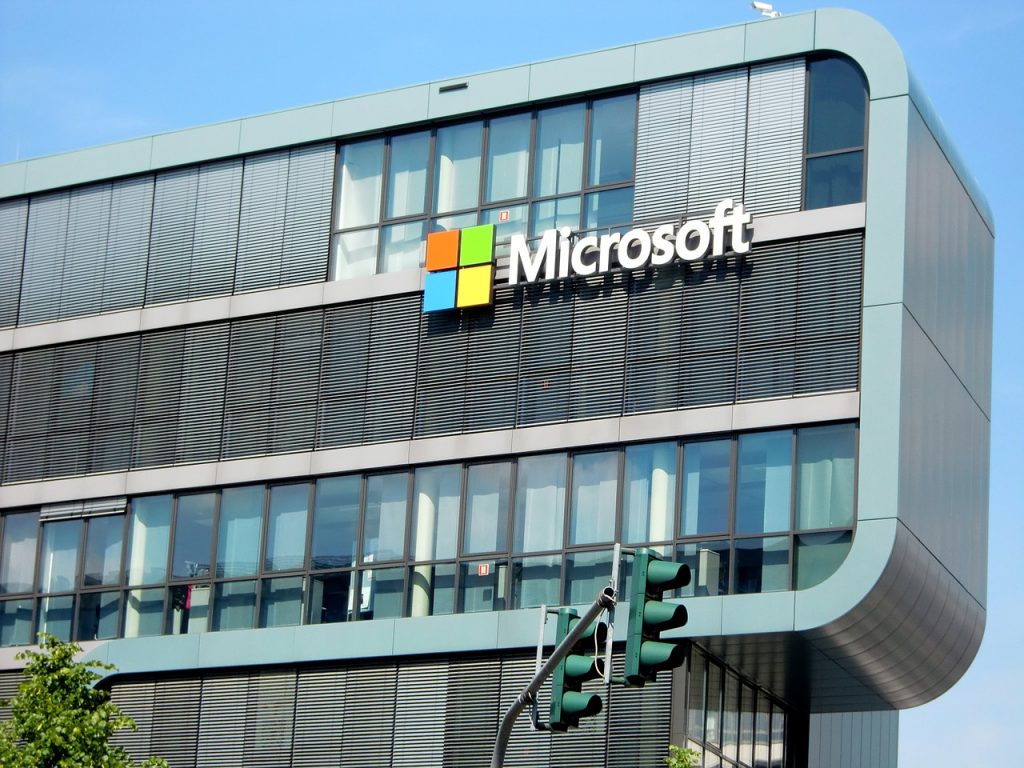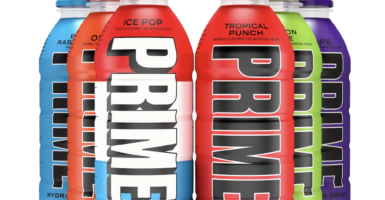Why The Federal Trade Commission Is Suing Microsoft
This article is more than 2 years old

Microsoft recently made news headlines after it announced the acquisition of Activision Blizzard. The move stunned the tech industry. But it may not come to fruition after the Federal Trade Commission (FTC) hit Microsoft with a lawsuit.
The acquisition is costing Microsoft $69 billion. And it “would make Microsoft the third-largest video game publisher in the world,” according to CNN. However, the FTC filing may dampen the tech giant’s hopes.
Technically, the FTC submitted its Microsoft lawsuit through an administrative procedure. It is an internal process and does not involve any courts. William Kovacic, a former FTC chairman, spoke with the news agency about the situation.
Kovacic said, “an FTC administrative law judge may be inclined to give regulators the benefit of the doubt. But, he added, the FTC must still marshal convincing evidence and arguments to win the case, which could take years to play out.” And Microsoft believes the FTC does not have that evidence.
Microsoft’s president, Brad Smith, stated, “We continue to believe that this deal will expand competition and create more opportunities for gamers and game developers. We have been committed since Day One to addressing competition concerns, including by offering earlier this week proposed concessions to the FTC. While we believed in giving peace a chance, we have complete confidence in our case and welcome the opportunity to present our case in court.”
So why did the FTC file the Microsoft lawsuit in the first place? The regulatory agency believes that the acquisition of Activision Blizzard will harm competition. It argues that pricing and player experience will also suffer if the merger finalizes.
Activision Blizzard is the home of large video game franchises, like World of Warcraft and Call of Duty. The FTC believes a merger between the gaming company and Microsoft would be seriously detrimental. According to the head of the Bureau of Competition, Holly Vedova, “Today we seek to stop Microsoft from gaining control over a leading independent game studio and using it to harm competition in multiple dynamic and fast-growing gaming markets.”
By hitting Microsoft with a lawsuit, the FTC hopes to prevent one tech company from taking over an even larger market segment. The move marks the first big antitrust regulatory action by the Biden administration. And the case is being closely watched around the globe.
Officials from the European Union and the United Kingdom have also expressed concern about the merger. They will likely watch the Microsoft lawsuit intently before deciding whether to make any moves. However, despite the pushback, Microsoft insists that the merger won’t harm smaller competition.
It has taken steps in recent months to negotiate significant partnerships. The company hopes that news of these partnerships will quell some of the concerns. One of its new partners is Nintendo.
“This week, Microsoft said it had reached a 10-year deal with Nintendo ensuring that it will have access to Call of Duty for the foreseeable future.” That is potentially great news for gamers. But it is not enough to convince the FTC.






